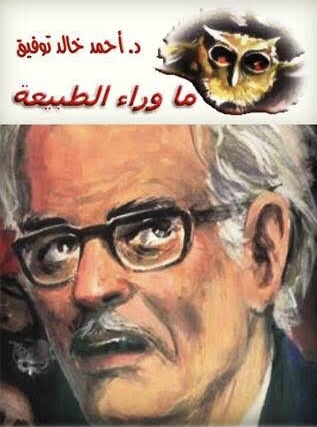Fatima Abdullah has only 1001 nights until she dies. Nobody has told her that exactly; the slightly senile 85-year-old Lebanese matriarch just knows it. She spends her “last days” organizing her possessions, planning her own funeral and finding potential brides for her openly gay grandson.
And she tells her life story, in fragments, to Scheherazade–a figment of her imagination who becomes one of the central figures in The Night Counter, the debut novel by Arab-American author Alia Yunis.
In a trendy suburb of LA, Fatima recounts to Scheherazade her tale of coming to the US as a young bride who spoke no English, and the 60 years that followed. The legendary storyteller is depicted as an immortal figure who flies around the world, checking on Fatima’s ten children and countless grandchildren, allowing the reader a glimpse into their lives.
The Night Counter is a gripping and often hilarious account of a family in the US whose ethnicity is just part of the package. All the elements of complexity, hope and regret that come with just about any family are mixed in with the issues attached to having an Arab or Muslim identity in post-9/11 America. A celebration of life, the book kept me up all night, and made me want to call my parents.
As the countdown begins, we learn, through the story recounted to Scheherazade, about Fatima’s native Deir Zeitoun village in Lebanon, from when she left it for the ‘American dream’ in Michigan until her life today. Fatima’s tale is the heart of the narrative, but the world around Fatima is also explored; the grandson Amir, a struggling actor who specializes in small terrorist roles, provides a colorful backdrop to her monologue; a soap-opera star neighbor and two FBI agents in a dark-tinted SUV in the driveway, tracking the family’s every move, also add spice to the busy plot.
And through Scheherazade’s magic carpet visits we meet Fatima’s far-flung children. There’s the self-hating suburban wife who rejects her Arab heritage and Americanizes her name, the mosque-builder whose wife sneakily feeds him pork to spite him, the recovering alcoholic Harvard graduate turned Las Vegas taxi driver, the pregnant unwed teenager, and more. All bound together through Fatima’s bloodline.
What resonates with the reader about the Abdullah family are the muted expressions of love and sorrow, unspoken memories, nostalgia, and the regrets most of us have for not taking better care of our parents.
Yunis’ characters are well-developed, for the most part, and the intertwining of the family’s lives are a reminder of all the stifled confrontations within a family network. Fatima’s children seem self-absorbed, not making much effort to see their siblings or parents, who also live in the US. Cold perhaps, but probably realistic.
A couple of points in the plot seem a little unlikely for an Arab family, such as Fatima’s hippie daughter Soraya who gives birth to a child in the 1970s with the help of a sperm-bank, and the reasons behind Fatima’s divorce from her husband remain unclear. But for non-Arab readers, Yunis does a good job of translating any Lebanese expressions and explaining culturally specific nuances.
A former LA filmmaker, Yunis was inspired to write her debut novel after 9-11 since she felt that, like other Muslims and Arabs, she had become “mysterious” in the eyes of Americans. “I wanted to write about how that feels, but I think we start out with a lofty idea and then the story and characters take us in a different direction. This may have started out as a novel about Arab Americans, but it quickly evolved into a novel about a family who happen to be Arab in America.”
The Night Counter was first on sale in the US last summer and recently launched in Egypt with a live reading at Diwan bookstore. “I’ve been surprised by the comments I’ve gotten from non-Arabs, not about Arabs and Muslims but about how much they could relate the people in the book to their own families. I haven’t had much response from the Arab community,” added Alia Yunis, who currently teaches communications to university students in Abu Dhabi.
Layered with a variety of emotions, The Night Counter would make for a riveting dramatic comedy on the big screen. It is a heartwarming, entertaining novel in which vibrant characters are brought to life and prompt readers to dive into their own psyches and to question their values, identities and expectations.




